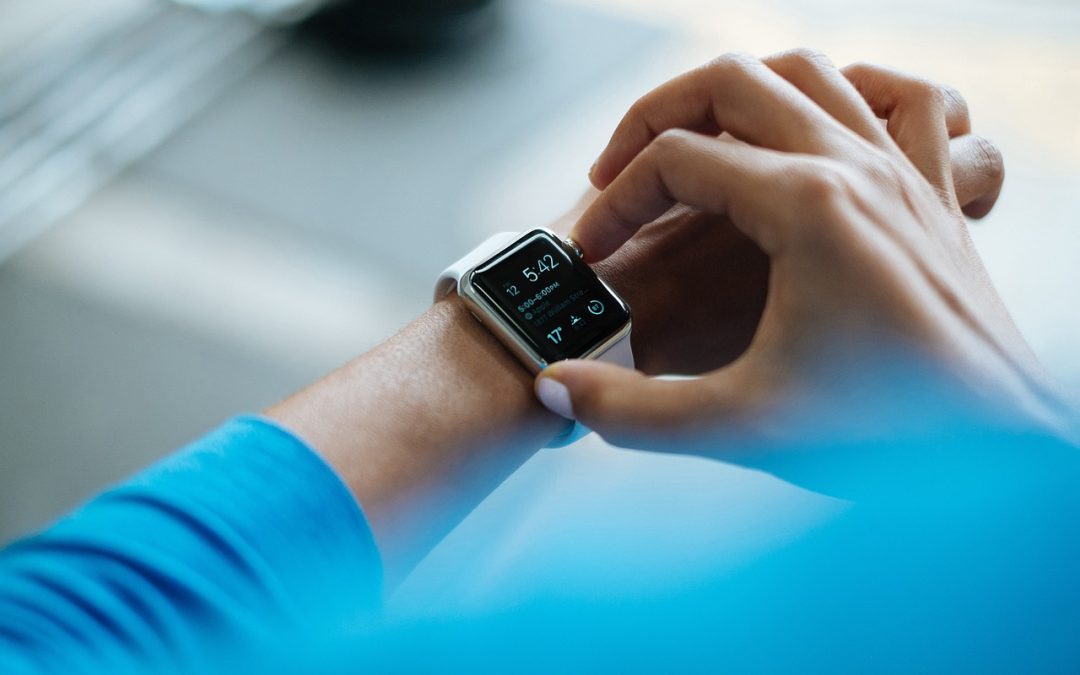Fitbits and Apple watches found early adopters with the fitness crowd, but employers have since caught on to their effectiveness as productivity tools in the office. Wearable tech is in incredibly useful tools for employers looking to make informed health insurance decisions, and also to foster wellness, job safety, and productivity.
Employees making use of wearable tech devices has become the new norm. According to research firm Gartner, worldwide sales of wearable tech will rise 18.4 percent in 2016, generating more than $28 BN in revenue annually. Now that wearable tech has gone mainstream, a new issue has arisen for companies to contend with—how should employers handle the inevitable privacy issues that arise along with so much personal data?
Should employees be required to wear technology that tracks personal info that is made public to their employers? On the one hand, you could argue that the goal of such technology is to foster a healthy work-life balance, and help avoid chronic injuries and health conditions brought on by job-related stress. This is less of a “Big Brother” scenario and more like having a health coach on your HR team. The flipside of the coin is that some consider requiring employees to share personal health data to be a violation of privacy. Still others argue that employees who work in fields where their health may be directly at risk—due to radiation, toxins in the environment, etc.—have nothing to lose and everything to gain from being required to wear devices that track such factors. Clearly, this is not a black or white issue, and one that should be treated on a case by case basis.
One risk of employees having access to workers’ wearable tech data is discrimination. Should an employee be able to access an employee’s sleep and exercise patterns and make business decisions based on those figures, potentially comparing multiple employees in the process? It’s an interesting conundrum that will require new oversight and regulations to ensure that wearable tech data is being used to help everyone at the workplace.
The baby boomer generation will likely face more challenges adapting to this new workplace trend than Millennials, who grew up in an age of oversharing. Regardless of our personal health, the debate on wearable tech and privacy issues is one we’ll likely see hashed out in companies around the world in the coming years. For more insight and an interesting debate on the issue, be sure to read this Wall Street Journal article.
